 At Complete Gyms, we are proud to offer you this Ferox Olympic Weightlifting Training Bar from Swiss.
At Complete Gyms, we are proud to offer you this Ferox Olympic Weightlifting Training Bar from Swiss.
Dual IPF and IWF Markings on the knurling of the shaft.
Men’s Olympic lifting bar
2200mm long
28mm grip
20kg
Bushing
Dual snap ring,
Chrome shaft and sleeves
Rated to 700lbs
why not complete this with Olympic Plates
Check out thi video – Video
Barbell Back Squat
The back squat is called the “king of all exercises” for a reason. Squatting with a heavy barbell on your back allows you to overload your leg muscles with more weight than you could with other tools. Your core works overtime as you brace to ensure that your torso is rigid throughout the movement (which promotes a stable and safe spine). And your back, which is supporting the physical load, will also reap some strength gains.
Back squats are also great for both heavy, low-rep training or lighter, high-rep training. Higher rep squats (and lower rep but not to the same extent) cause the body to produce more growth hormones that trigger the effect of increasing your overall size and strength.
Benefits of Barbell Back Squat
- Improved leg strength and hypertrophy. The back squat builds serious leg and back strength.
- A more powerful lower body. A study in the British Journal of Sports Medicine found a strong correlation between squats and jump height.
How to Do the Barbell Back Squat
Step under a barbell and set a good foundation by flexing your core to lift the barbell off the squat rack. Grip the barbell wherever allows you optimal shoulder mobility to get your elbows under the bar. Set it either high or low on your upper back, unrack it, and take a few steps back. Pull the bar down into your shoulders to create tension.
Keep your chest up, take a deep breath in and squat down to a comfortable depth and pause for a beat. Drive your feet through the floor until lockout.
Barbell Front Squat
You may be thinking, “wait, do we really need two squats on this list?” Yes, and here’s why: Though they’re both squatting patterns, the front squat has you support the barbell in the front rack position, resting across your shoulders. This position takes the load off your back, reduces spinal compression, and forces you to contract your upper back muscles better to prevent the bar from falling forward mid-lift. Compared to the back squat, the front squat trains the body’s anterior muscles more heavily, engaging the quads and anterior core to a greater degree.
Benefits of the Barbell Front Squat
- The front-loaded barbell position means that there’s less pressure on the spine compared to back squats.
- The front squat has more carryover to Olympic lifts since the clean & jerk essentially includes a front squat.
- This move reinforces upper back strength and posture as the lifter needs to actively squeeze their back to ensure the barbell stays put during the lift.
How to Do the Barbell Front Squat
Assume a proper front rack position by putting the barbell high up onto the shoulders, ensuring the bar is supported with the shoulders and upper chest. Keep your shoulders down and chest up and take three steps back from the rack. Descend into a squat keeping the back in neutral while minimizing forward lean of the torso.
Once you have hit the bottom position, push through the whole foot and stand up, maintaining an upright torso, chest, and forward elbow position.
Barbell Rack Pull
The rack pull is a deadlift variation similar that trains all the same muscles in the standard deadlift but with a reduced range of motion (ROM). For rack pulls, you start with the barbell at or just below knee height. You can elevate the barbell on blocks, weight plates, or the safety arms of a power rack.
Because of the reduced range of motion, it’s easier to maintain a neutral spine. Plus, you can use more weight with the rack pull, so it both acclimates your body to handle heavy loads and strengthens the top half — or lockout — of your deadlift.
Benefits of the Barbell Rack Pull
- Due to lifting from a partial range of motion and moving more weight, you’ll strengthen your deadlift lockout.
- Improves your grip strength and upper back strength.
- The rack pull is on your lower back due to the partial range of motion.
How to Do the Barbell Rack Pull
Set the barbell up in the squat rack either above or below the knees. Assume your standard deadlift stance and grip. Hinge down and grip the barbell with an overhand shoulder-width grip and squeeze your armpits together, keep your chest up and shoulders back and pull up until lockout, finishing with your glutes. Hinge back to the starting position and repeat.
Bar Romanian Deadlift
This is our second deadlift variation on the list, and there’s a reason we chose both over the conventional version. Regarding the Romanian deadlift, it’s a bit more specific and beginner-friendly (similar to the rack pull.) The move is visually very similar to the standard deadlift, but the RDL has you lower the bar to about mid-shin level instead of back to the floor.
This slight tweak keeps tension on the glute and hamstring muscles, making it a better option to isolate those areas and on the lower back. A stronger lower back will carry over to your deadlift and help prevent spinal rounding (or cat-back) during heavy pulls. The RDL is also generally safer as it doesn’t allow you to use much weight as your standard deadlift. You can try to lift the same amount of weight as your deadlift, but good luck.
Benefits of the Barbell Romanian Deadlift
- Improved muscle hypertrophy of the lower back, glutes, and hamstrings over regular deadlifts.
- Like rack pulls, the Romanian deadlift will help improve the upper back and lockout strength for conventional deadlifts.
How to Do the Barbell Romanian Deadlift
Stand tall with your feet hip-distance apart and grip the barbell with an overhand grip in front of the thighs. With your chest up and shoulders down, take a deep breath in and hip hinge until the barbell is below your knees. Always keep the barbell close to your body. Pause for a second and exhale and use your hamstrings and glutes to pull you back to a standing position. Reset and repeat.
Bar Bench Press
The bench press and all its variations (incline, decline, close-grip, with dumbbells, and the floor press) target the chest, triceps, and shoulders. Like most barbell exercises, it allows you to use a greater load (because of the relatively straight bar path and the stability of the bench) than you could muster with kettlebells or dumbbells. For powerlifters, this move is a must-do as it’s one of the three main competition lifts (the other two being the back squat and deadlift).
Benefits of the Bar Bench Press
- Increased strength and hypertrophy for your chest, triceps, and shoulders.
- Direct carryover to the sport of powerlifting.
- The bench press helps to improve your overall pushing strength.
How to Do the Bar Bench Press
Lie flat on your back on a bench and get your eyes directly underneath the barbell. Grip the bar with hands wider than shoulder-width apart with a neutral wrist. Bring your feet closer to your glutes, push your feet back and un-rack the bar in the lockout position. Then bring the bar slowly down to your chest as you breathe in and push your feet back. Arch your back slightly to push the barbell until lockout.
Bar Bent Over Row
The bent over row is a fantastic exercise to strengthen and increase mass in the upper back and lats and reinforce good hip hinge mechanics. Because you’re in a hip hinge position, this trains the lower back isometrically, making it a great accessory exercise to improve your deadlift. The bent-over row (and the Pendley row) is a horizontal row variation that allows you to use the most weight. In most cases, more weight equals more muscle and strength.
Benefits of The Bar Bent Over Row
- Adds strength and mass to your upper back, lats, and erector spinae.
- Reinforces good hip hinge mechanics and has direct carryover to your deadlift
- Improves postural strength and control
How to Do the Bar Bent Over Rows
Put a loaded barbell on the floor stand with your feet slightly more than hip-width apart. Hinge down to the barbell and grab the barbell with a shoulder-width grip. Then bring the barbell up to knee level with back straight and torso bent at 45 degrees. Pull the barbell to between your navel and sternum. Pause, then slowly lower the barbell back down and repeat.
COMPLETE GYMS – NEW & USED GYM & FITNESS EQUIPMENT.
At Complete Gyms, we pride ourselves on bringing our customers top quality gym equipment and fitness equipment across the UK & Ireland.
We supply everything from new to used gym equipment for commercial or at home use including dumbbells, racks, rigs and from top brands such as Force USA, ProForm, NordicTrack and more.
We offer in-store collection, at home installation and delivery across the United Kingdom & Ireland.
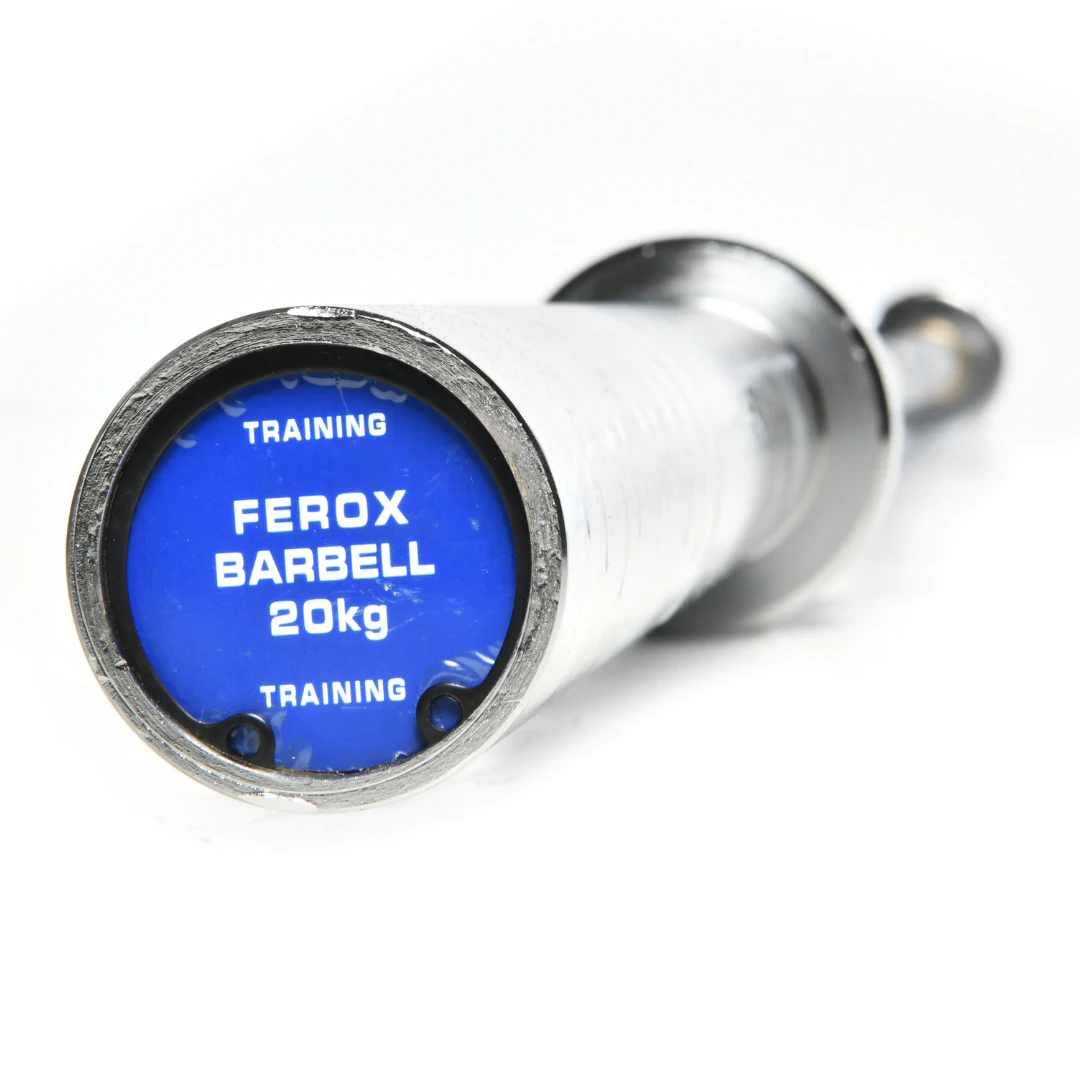
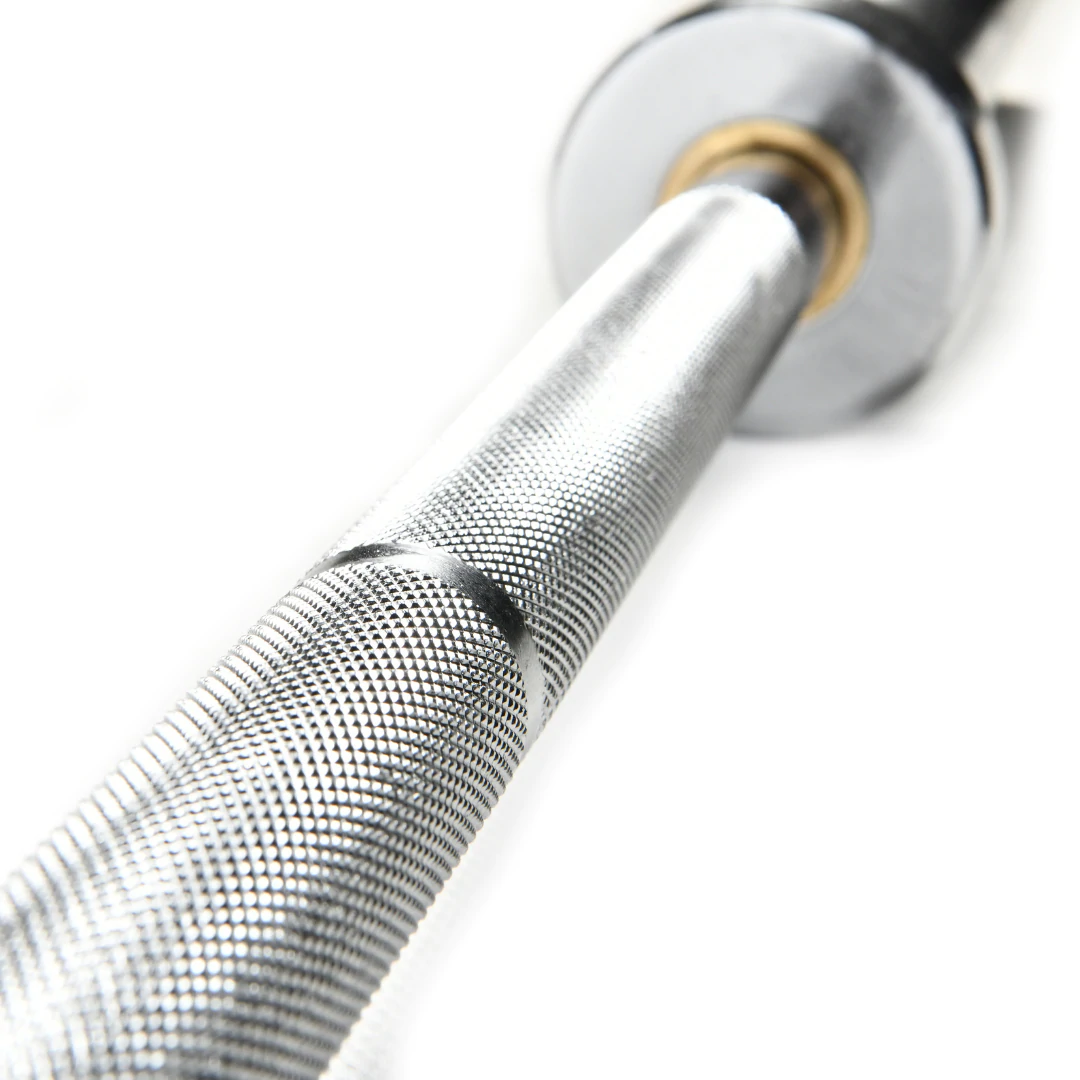
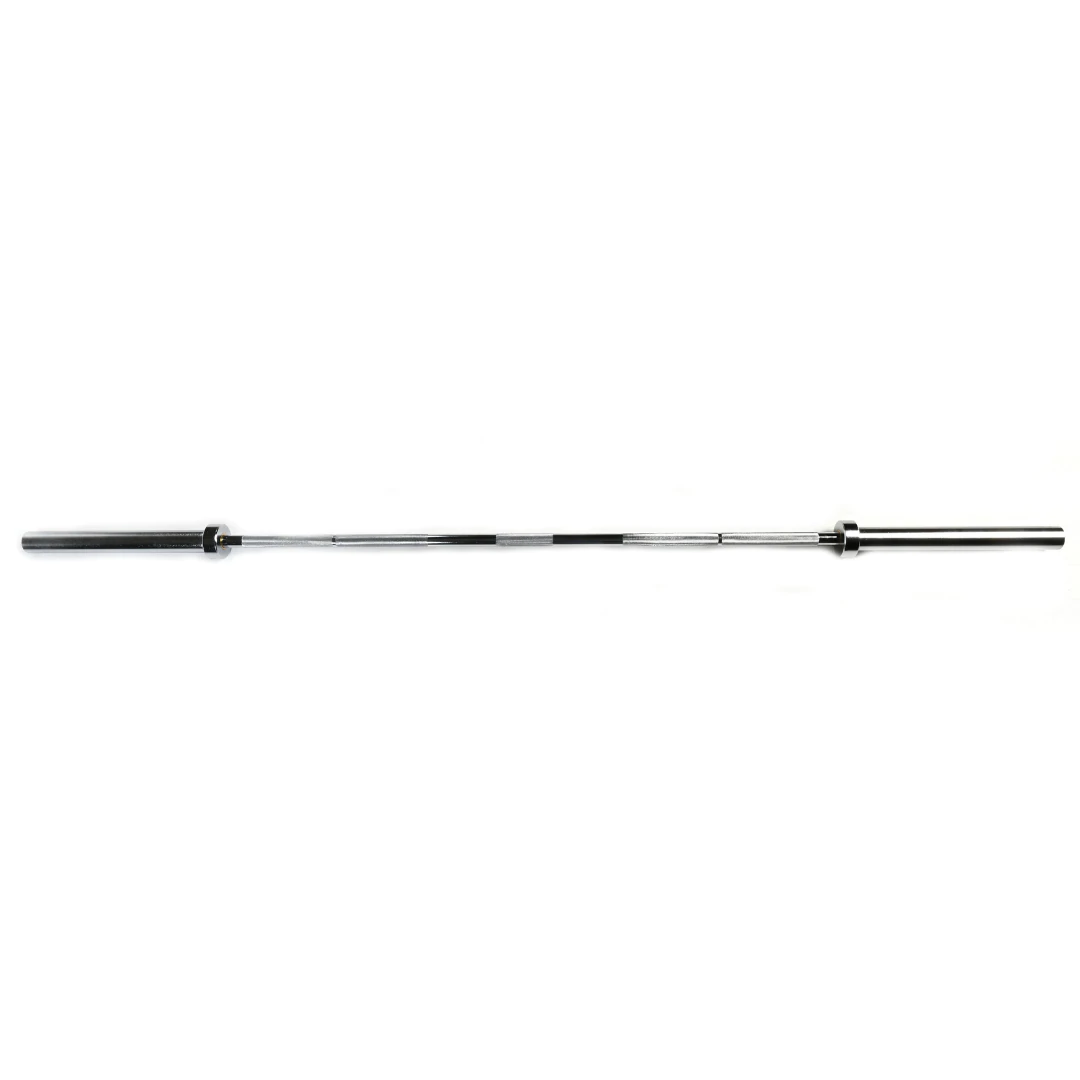
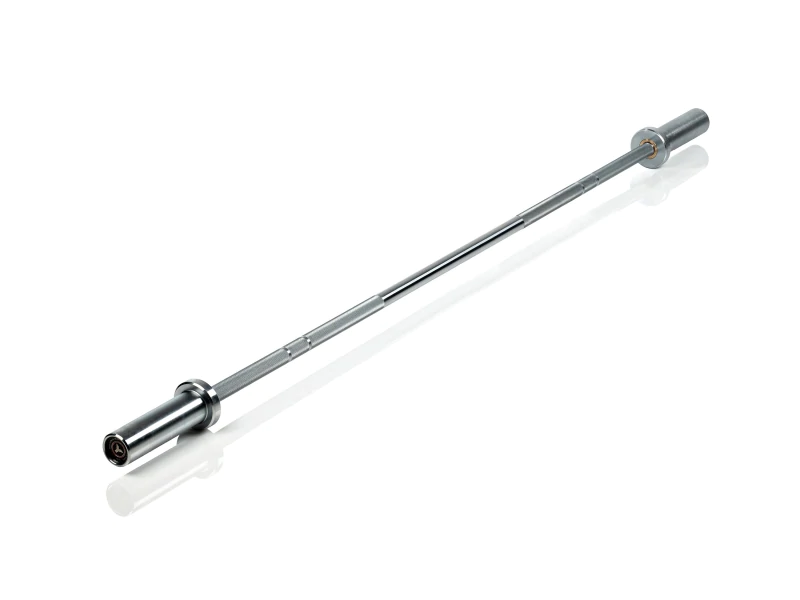
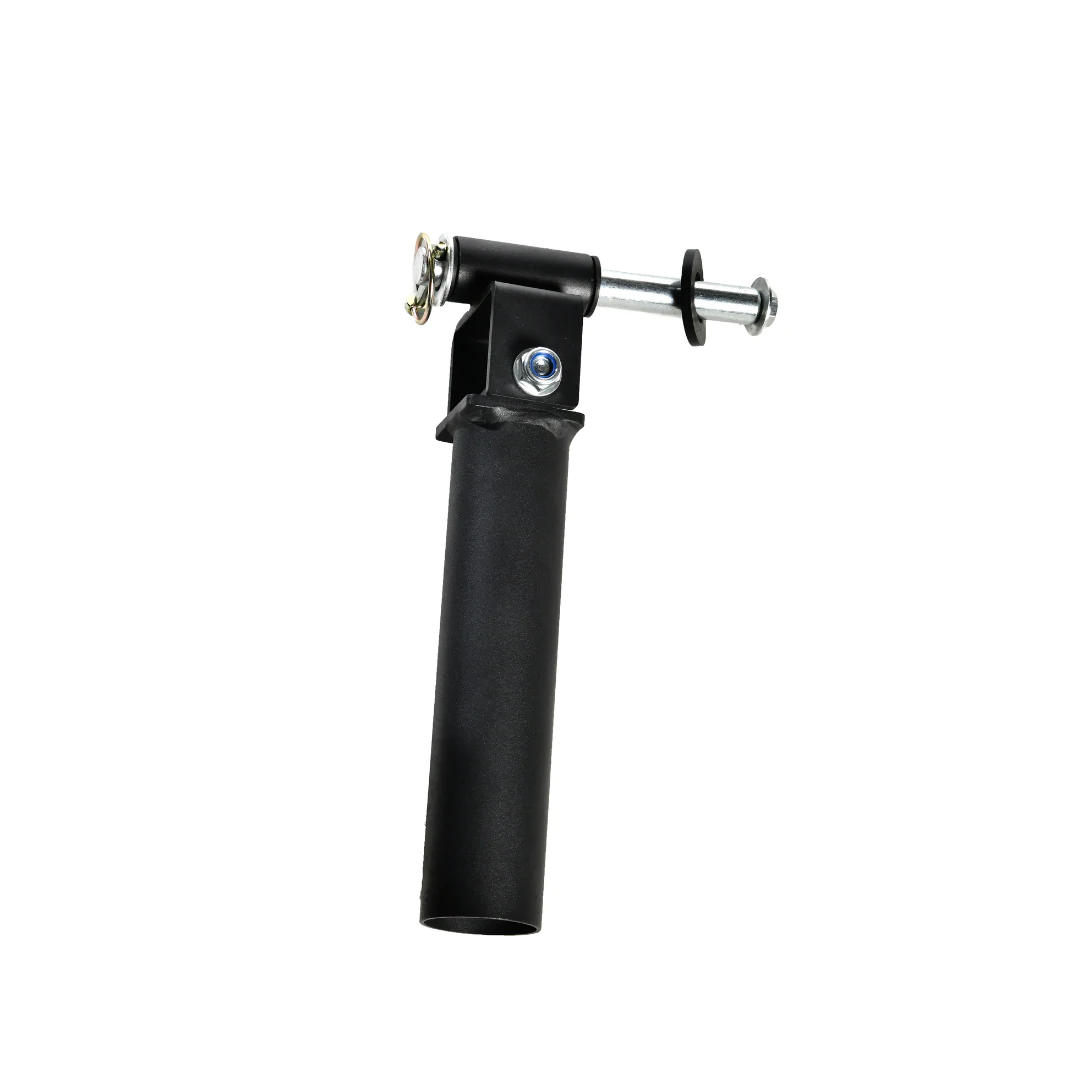
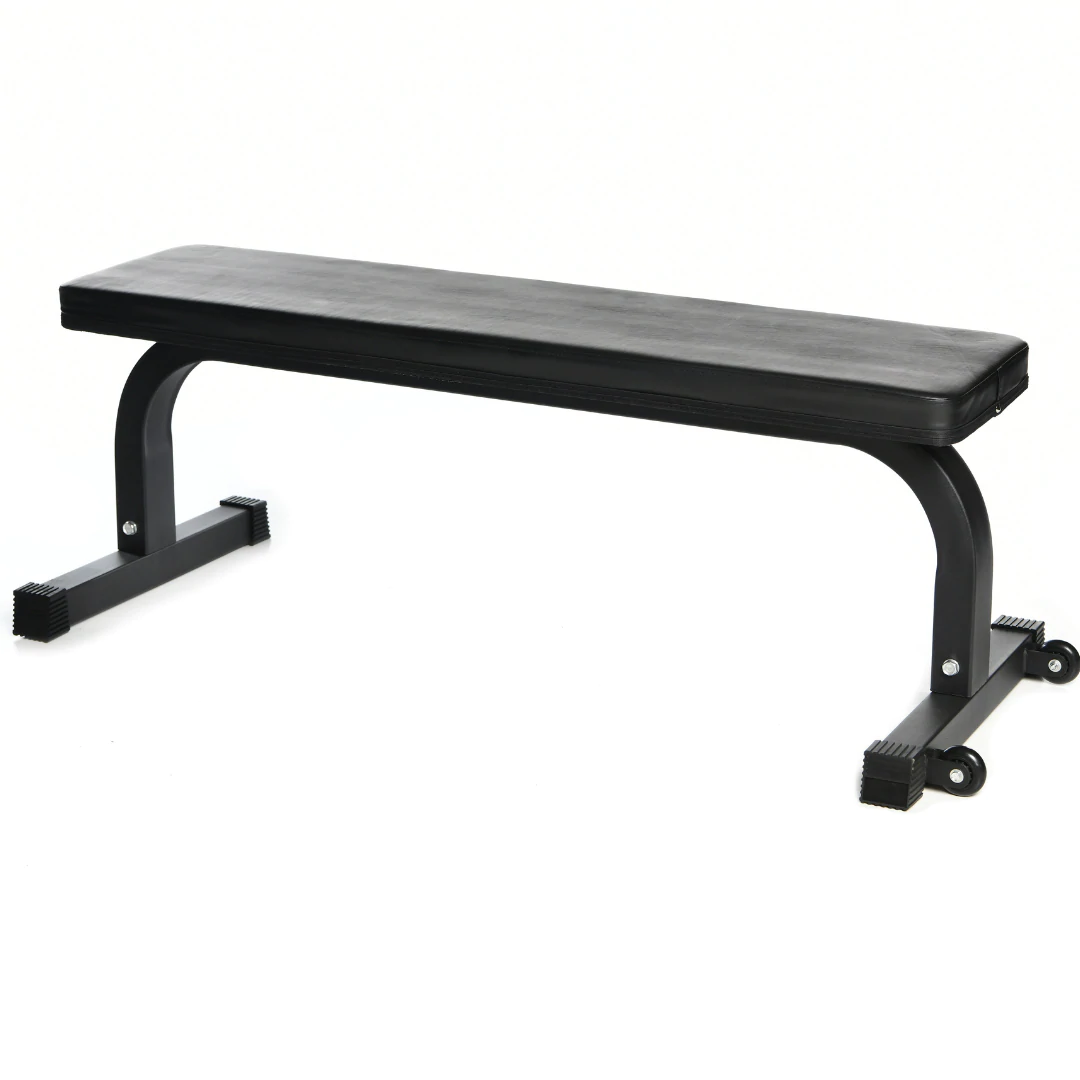
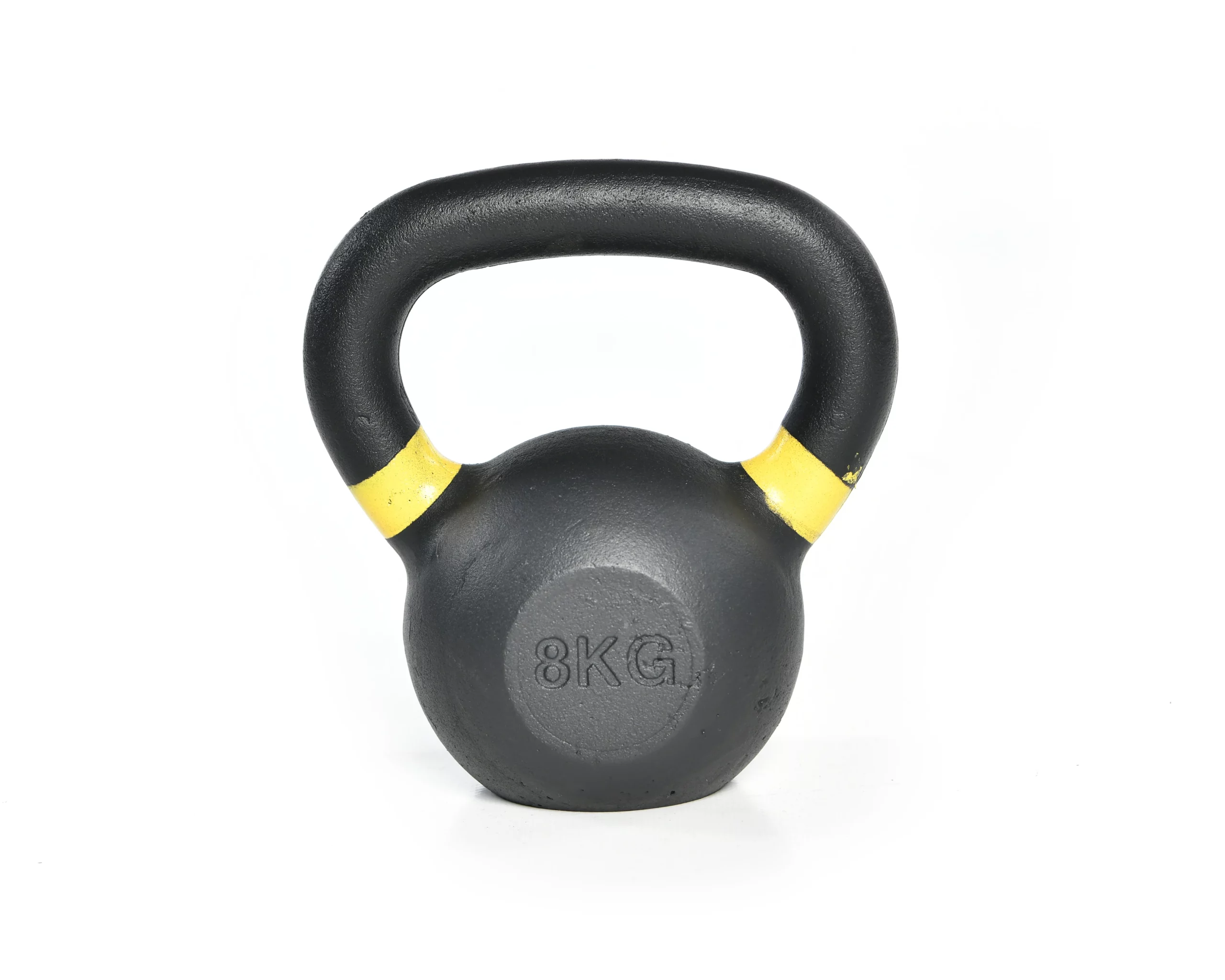
Reviews
There are no reviews yet.